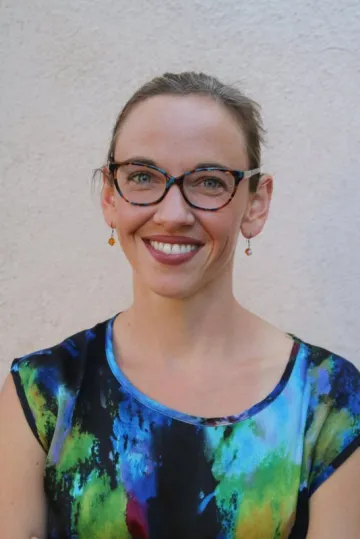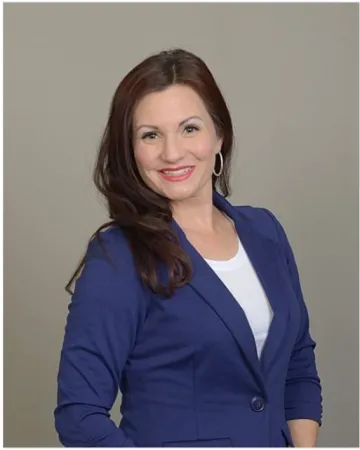Robin Reineke | Assistant Research Social Scientist | Southwest Center | College of Social & Behavioral Sciences

Forensic Citizenship in the Borderlands is a visual and oral history project that will document, analyze, and share the stories of civilian forensic expertise on both sides of the Arizona-Sonora border. Working closely with the UA libraries and two community organizations, Madres Buscadoras and the Colibrí Center for Human Rights, this project will create an interactive website to highlight this work and explore forensics in the landscape of the borderlands. The site will feature three components: interviews with citizen-forensic experts, videography of the landscape in which they work, and a bi-national map displaying the GPS locations where they have found or identified human remains. This project will broaden the national and international understanding of the U.S.-Mexico borderlands by presenting a fully bi-national view of border related violence, and by making visible the leadership, expertise, and action on the part of those impacted. The story this project will tell is one about regular people in the borderlands who step up to do extraordinary work; who not only make visible violence occurring in the borderlands but also challenge the authority of the state by becoming forensic experts.
Carmen King-Ramirez | Assistant Professor | Department of Spanish and Portuguese | College of Humanities

Online Collaboration and Academic Exchange in U.S.-Mexico Border Communities comprises a new interdisciplinary course offering that unites students and faculty from four different universities located along the U.S.-Mexico border: CETY Universidad, Universidad de Sonora, Eastern New Mexico University, and the University of Arizona. The project consists of developing a 15-week bi-national online course in which cultural, economic, and social convergences that occur in border communities will be explored. During the shared course, professors from each university will take turns teaching a 3-week thematic unit from their area of academic expertise (e.g. international economics, intercultural communication, history, immigration). Each unit will require students to work with their international peers via weekly discussion forums, live chats, and collaborative video projects. At the end of the course, students will develop a virtual capstone project with a classmate from the other side of the international border and represent perspectives from both the United States and Mexico. The capstone projects will be published on a public website specifically created for this bi-national project. The four universities involved have committed to offering this collaborative course for at least three years.

